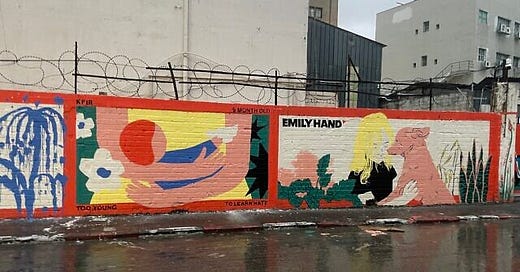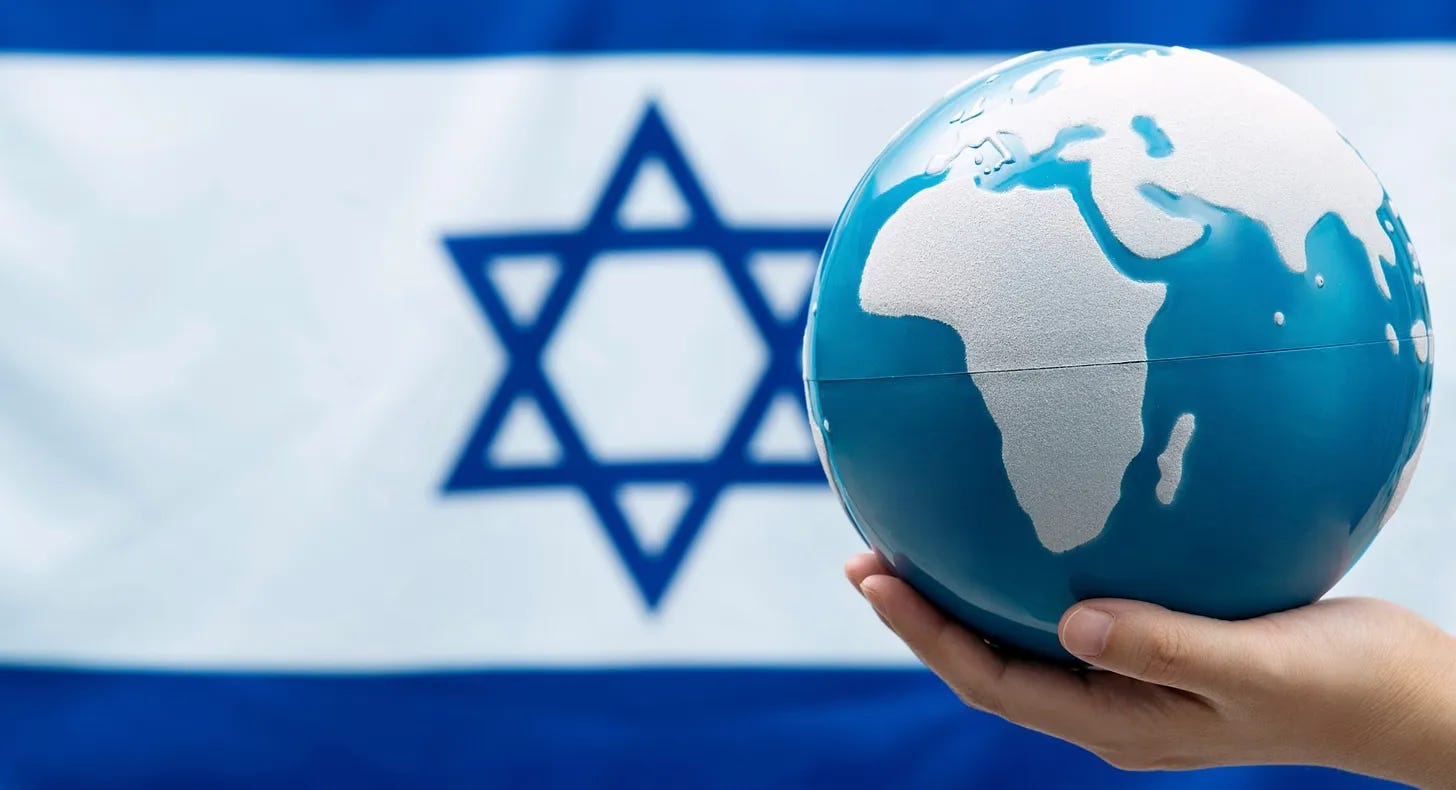To Invade or Not To Invade: Rafah
"Return the remaining hostages by force — or by negotiation? Establish a true new order in Gaza — or leave Hamas in power? These questions are looked at in a binary way."
By Rick Borenstein
Invade Rafah, or stop now? That’s the question. It is variously interpreted in Israel to mean, seek victory, or accept defeat? Obtain peace and security or live with fear and regret? Return the remaining hostages by force or by negotiation? Establish a true new order in Gaza, or leave Hamas in power? These questions are looked at in a binary way.
The rest of the world has no such dilemma. Easier to stay:
“Stop the invasion as it will inevitably result in a human catastrophe.” Pretty simple. Who cares if Israel loses?
I do. Millions of Israelis do. We were massacred, we fought back and we want to eliminate the enemy. If it takes invading Rafah to achieve our aims, then we must do it. How is this any different than the United States in World War II? To win the war in Japan, the United States dropped two atomic bombs. It ended the war. Would Americans have been satisfied with a cease-fire in Japan, leaving the emperor in power, rather than a surrender? Would the United States or Russia have accepted a cease-fire in Germany rather than a complete surrender? Was anyone counting the dead in Dresden and Berlin from the bombing?
I have expressed my misgivings about the situation in Rafah before. Human suffering can’t be ignored or dismissed. It could be avoided, however, by a Hamas surrender. But that’s not going to happen if hostilities end now. If things are left as they are, Hamas will survive and regain power. Israelis will once again be subjected to repeated rocket barrages — or atrocities even worse. And our dead will have died in vain.
So, the war of words continues as our soldiers “mop up” in the areas they now control. Negotiations continue on a low boil while the real nut cracking goes on behind closed doors. Our much reviled Prime Minister takes the brunt of the criticism from all sides of the debate, but so far his approach aligned with a whole lot of Israelis who insist that the IDF must finish the job. I wish I knew the answer. All Israelis want the war over.
Meanwhile, I’m not totally discounting a war with Hezbollah. My informal poll places the probability of a war in the North with Hezbollah at 50-50. Our tit-for-tat daily exchanges are getting more and more frequent and violent. Israel currently has more soldiers stationed near the Lebanese border than it has fighting in Gaza. Two Hezbollah rockets hit the northern Israeli Army headquarters near the town of Tsfat, killing one and wounding eight. My wife Doritte’s daughter lived and worked on that base for 18 months while in the Army. We have been there many times.
Despite it all, we are trying to live a semi-normal life. We took Doritte’s daughter and boyfriend to a Michelin rated restaurant called George and John last weekend. This weekend, two of our closest friends, Richard and Lori, came on a mission. They volunteered to crate vegetables being packed for the people impacted by the war.
We also went to the Israel ballet and most importantly, toured the new street art in Southern Tel Aviv. The area called Florentin is known for its spray on art. A whole new generation of art related to the war in Gaza has been created on the building walls. Each child hostage, including the two who have not been returned, is represented on a long colorful wall. It was marvelous to see and uplifting.
Rick Borenstein is a “Silicon Valley escapee” who now lives with his family in Israel. He is a coach, investor, NGO adviser — and Tel Aviv-booster.
From unpacking history and politics to navigating the nuances of family and personal relationships to finding the human angle on sports and entertainment — plus our unsparing take on what’s happening in the Jewish world — the canvas at JEWDICIOUS is limitless! JOIN US!!






There is no easy solution, sadly enough. That said, I am sure that the "world community" will trash Israel no matter what it does.